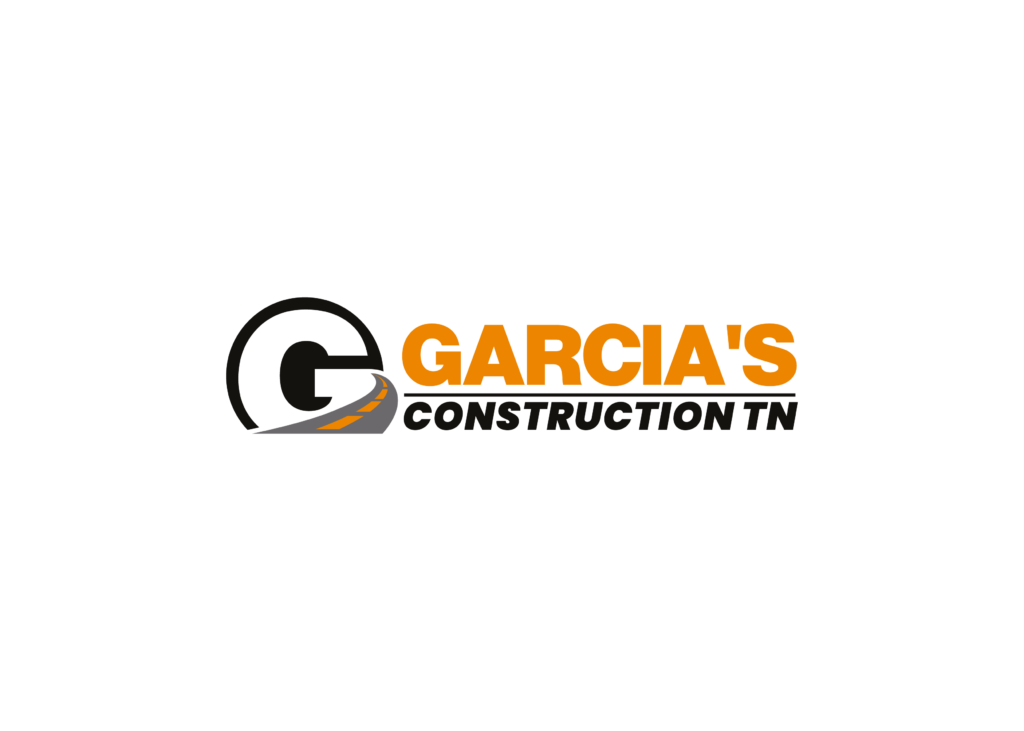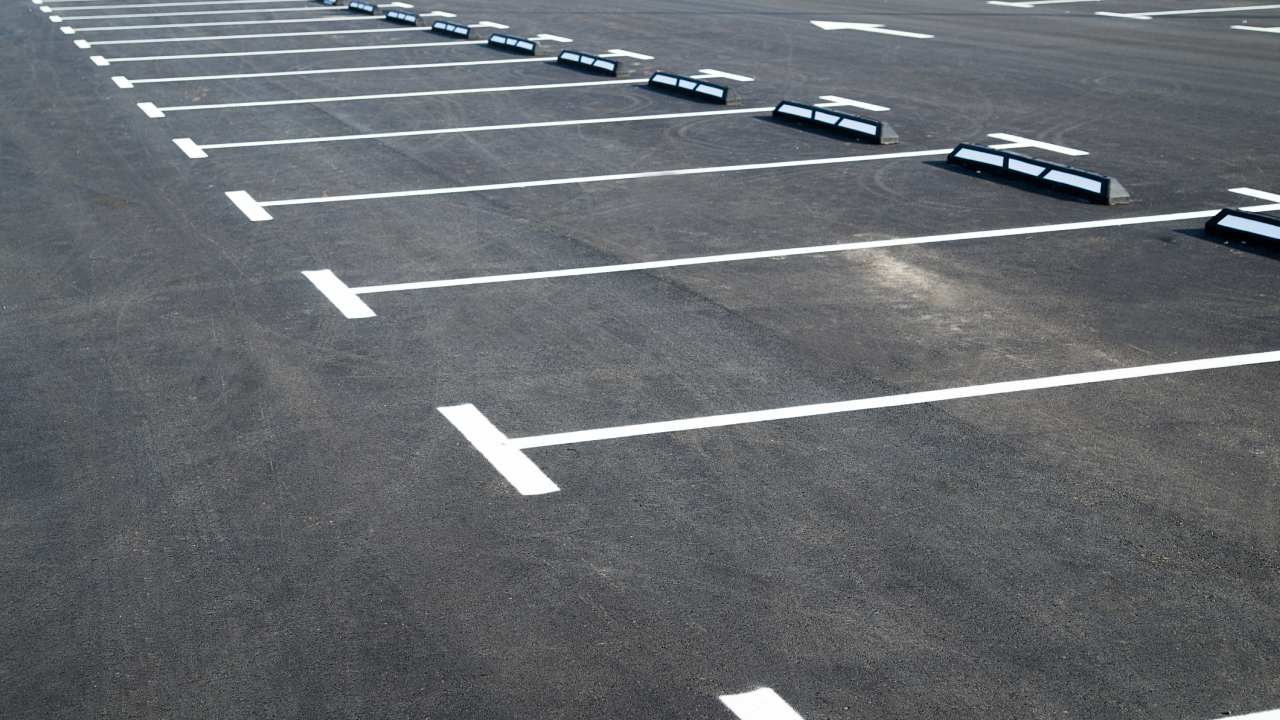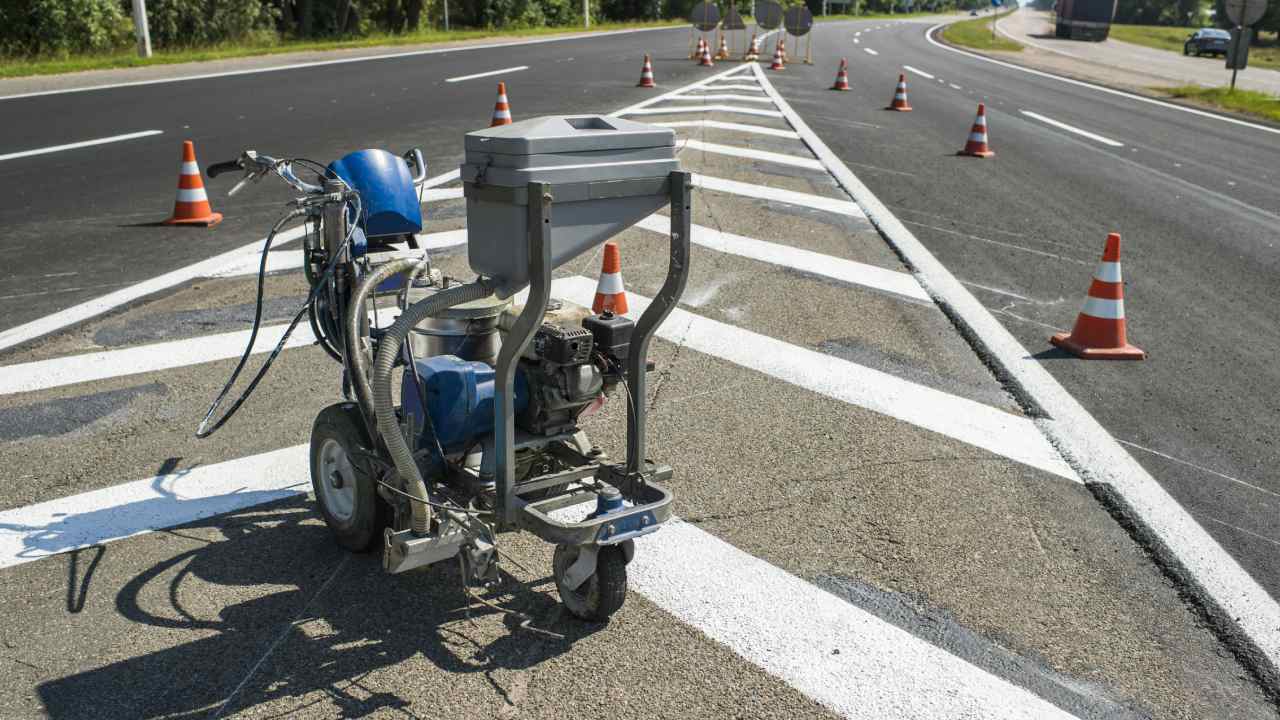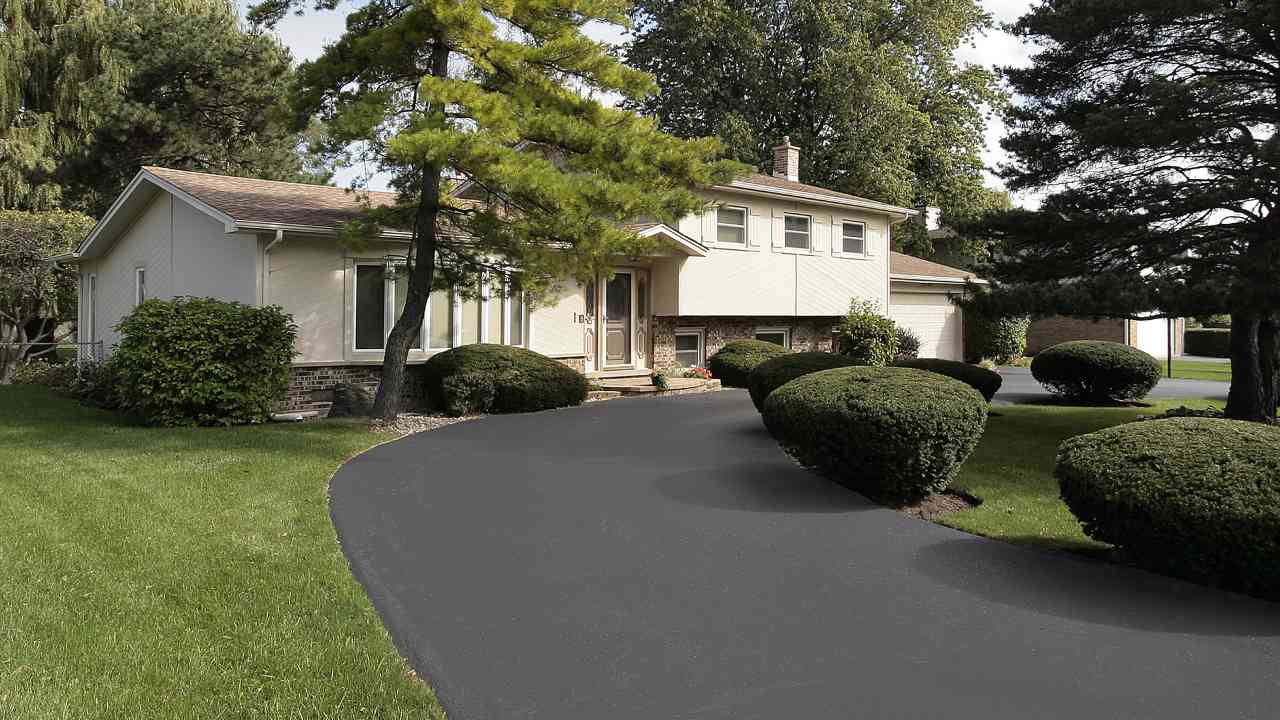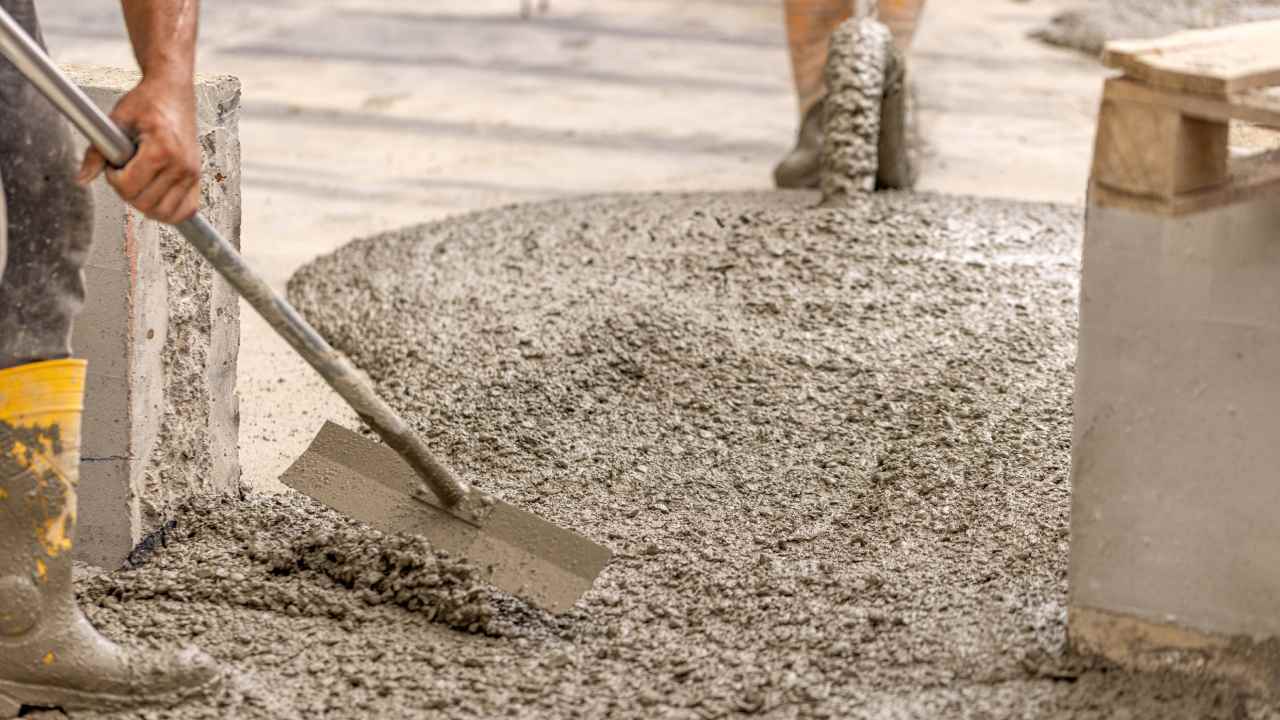Installing a new driveway gives your home a new look. As the owner of your home it will be your job to keep it in good condition. Here we are going to give you several important tips for the care and maintenance of your concrete.
Seal Your Concrete
When the concrete is completely cured, apply a concrete sealer ideal for resisting dirt and stains. Ask your contractor for a recommended sealer for the concrete mix you use to pour your new driveway or patio. It is recommended to seal every few years, after a deep cleaning, to keep it looking fresh.
Clean Concrete Surfaces Properly
There are a wide variety of concrete cleaners on the market, they are specifically for removing oil stains, while others are used for general cleaning. Concrete is a porous surface so improper use of pressure washers can cause damage when dirt, pollen and spores are allowed to penetrate the surface. For this reason, it is recommended to clean spills and stains immediately, before they sink into the concrete. If your driveway is heavily stained it is ideal to consider professional concrete services.
Repair Small Cracks Quickly
Your concrete should have control joints, if it was installed by a professional. These are shallow cuts in the concrete at regular intervals that contain inevitable cracks as the concrete cures. However, control cracks cannot prevent all cracks. Repair and seal small cracks as soon as possible. If the cracks are too wide, contact a professional concrete contractor to help you with your new project.
Use Ice Melt Products Sparingly
It should be noted that freeze-thaw cycles are destructive to concrete, creating repetitive rounds of expansion and contraction as water freezes and pushes against the interior of the concrete and then thaws, causing the concrete to contract again.
Parts of the country that rarely experience frost are now experiencing harsher winters with freezing temperatures more frequently. This may cause you to want to apply chemicals to melt the ice, however, keep in mind that these chemicals can cause pitting and other damage to concrete surfaces.
Take Care Of Your Weight
Residential entrances are built for the passage of passenger vehicles, not heavy equipment. If you want to do construction work, ask your contractor to make sure heavy equipment is allowed to be parked on the street instead of in the driveway. Overloading your driveway can damage the concrete.
